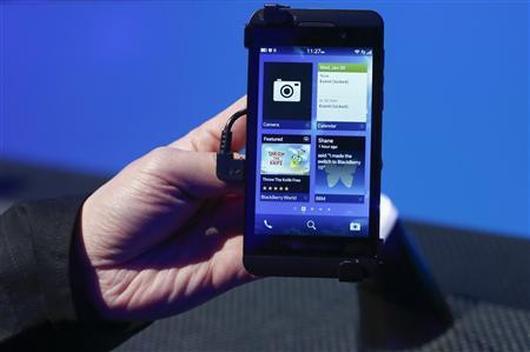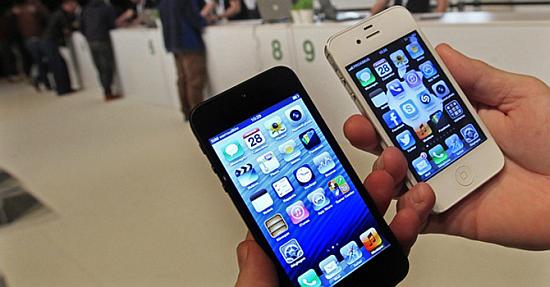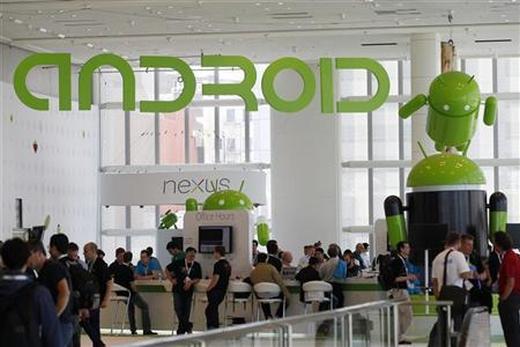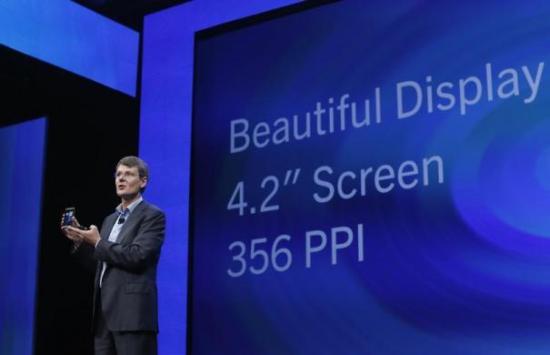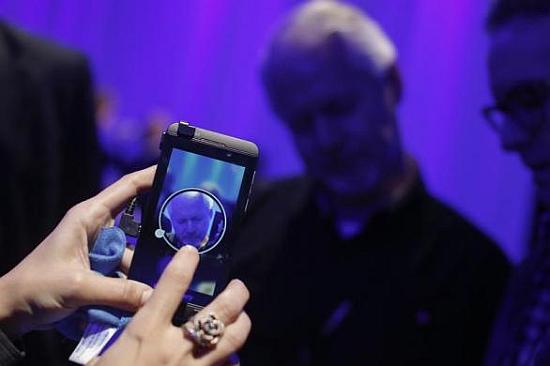 | « Back to article | Print this article |
Why BlackBerry may not succeed in India
A senior media executive, who swore by BlackBerry for years, switched to an iPhone 5, last week, ending his seven-year relationship with the phone.
His move is something that BlackBerry, earlier known as Research in Motion, should be worried about as it highlights how the company's efforts to shore up sales with new launches aren't really helping.
BlackBerry has been pulling all stops in recent months to win back customers it lost to the iPhone and devices running Google Android operating system (OS).
It revamped its operating system and launched two new models, touch-screen based Z10 and another one with QWERTY keys (Q10).
However, analysts say BlackBerry's efforts are too little and too late.
Click NEXT to read more...
Why BlackBerry may not succeed in India
"Whatever they have done is not dramatically different from the current phone available in the market. I do not think it will have any major impact. If it had launched a touch phone 1-2 years ago, it would have been a different thing," says Mritunjay Kapur, country managing director, Protiviti India, a global consultancy firm.
Things weren't so bleak for BlackBerry always. At one time, most managers in the corporate world were inseparable from their BlackBerry, which heralded a 24/7 work routine with its instant messages and e-mails.
But Apple's debut in the smartphone category with touchscreen phones changed that. BlackBerry was assailed by launches from Samsung, which followed up on Apple's model with cheaper versions.
Click NEXT to read more...
Why BlackBerry may not succeed in India
The Android OS was the final blow. With a large selection of free apps, it changed the way smartphone market operated.
BlackBerry began to lose customers to touchscreen phones. IDC says shipments of BlackBerry to India fell 57 per cent in Q3 2012 from Q3 2011.
Part of BlackBerry's problems also stemmed from its resistance to change - ignoring the demand for touchscreen phone, and inability to sync with Facebook. BlackBerry is now counting on new launches to change the tide.
"BlackBerry 10 is our biggest achievement till now in terms of technology innovation. Now that we have launched BlackBerry 10, our next focus is to build the overall portfolio," says Sunil Lalvani, director (enterprise sales), BlackBerry.
Click NEXT to read more...
Why BlackBerry may not succeed in India
The new launches, however, may not boost the numbers as the preference of Indian consumers has shifted to Android, iOS and Windows. Pricing may be a problem too as the new phones are likely to be priced upwards of Rs 40,000.
"With about 80 per cent of the Smartphone users on Android in India, it clearly is the most dominant OS in Indian. India is also a very price conscious market, to regain its lost market share, BlackBerry will have to work on the pricing strategy for its BB10 devices. The BB10 devices definitely come packed with some interesting features like the BB Balance and an enhanced 70,000+ apps on its market. However, we have to wait and watch the prices at which these devices are launched in India," says Manasi Yadav, senior market analyst, (Mobile Phones and Tablets),IDC India.
Click NEXT to read more...
Why BlackBerry may not succeed in India
Analysts say the overhauls to the models may help in retaining its client base, but will not draw customers from the Android platform.
In India, according to IDC's July-September 2012 data, Samsung (which works on Android platform) tops the smartphone category with 46 per cent share, followed by Nokia (13 per cent), Sony (8.2 perc ent), Micromax (8.1 per cent) and HTC (6.6 per cent).
"BB10 devices have to deliver something outstanding, which will force people to dump their existing devices," says Vishal Tripathi, principal analyst, Gartner.
